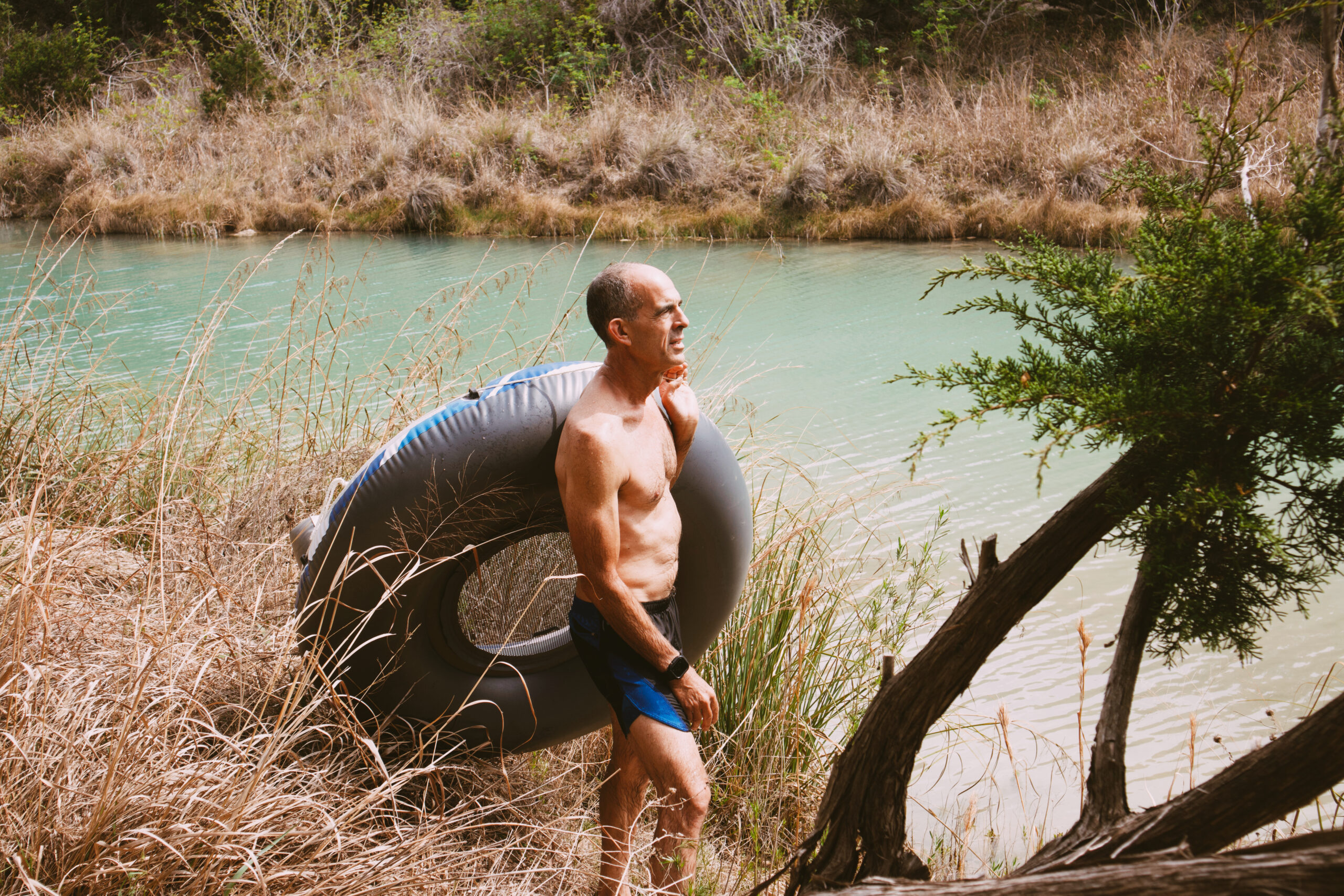Listen on: Apple Podcasts | Spotify | Amazon Music | Podcast Index | Overcast | YouTube
What you’ll find in this episode:
0:48 Introduction
1:46 Take-home messages
3:56 My experience with skin cancer
5:41 Sun can damage our skin
10:59 Who is at risk for skin cancer?
16:28 Can you reduce the risk of skin cancer?
22:44 Skin protection
27:05 Protecting our eyes from the sun
30:22 Final thoughts
31:46 Fanmail
- Health Tips: Check out my Instagram for daily health tips (@DrBobbyLiveLongAndWell).
- If you can message me through my website, it allows me to respond to you. The podcast comment function gets to me but I cannot respond to you.
Take-home Messages
- Enjoy the sun but protect your skin and eyes.
- The evidence on sun exposure’s health effects is moderately clear, but leaves some questions unanswered.
Impact of Sun Exposure on Health
- Skin Aging: Studies show that UV exposure accelerates skin aging, causing wrinkles and pigmentation changes.
- Skin Cancer: Types include basal cell carcinoma, squamous cell carcinoma, and melanoma (most severe).
Who’s at Risk for Skin Cancer?
- Skin cancer is quite common
- Fair-skinned individuals are most susceptible, as are Australians likely due to fair complexion and high UV exposure.
Evidence on Sun Exposure and Skin Cancer
- Studies show that childhood sunburns correlate with increased skin cancer risk later in life.
- The evidence is somewhat less clear about the risk of sun exposure later in life for the development of skin cancer.
- UV exposure from tanning beds also increases skin cancer risk significantly.
Challenges in Sun Protection
- Effectiveness of Sunscreens: Sunscreens reduce aging effects and reduce sun burns. The evidence is not clearcut, but it appears that sun protection reduces the risk of melanoma, and likely other skin cancers as well.
- The American Academy of Dermatology recommends the use of spf 30 or higher skin protection when outdoors.
- Behavioral Factors: People using sunscreen might stay longer in the sun, offsetting protective benefits and making the evidence less striking on reduction in skin cancer. Men are less likely to use sunscreens.
Practical Sun Protection Tips
- Types of Sunscreen: SPF 30 or higher recommended; mineral and chemical options available. The best sunscreen is the one that you will use regularly.
- Application: Apply generously and reapply every couple of hours, especially in sunny and sweaty conditions.
- Clothing and Accessories: Long sleeves, hats, and UV-protective sunglasses are effective approaches.
Protecting Your Eyes
- UV exposure increases the risk of cataracts and macular degeneration.
- Wear UV protective sun glasses
Conclusion
I protect myself with sun screen, clothing, and sun glasses. I also see the dermatologist each year.

Scientific research underscores the intricate interplay between lifestyle factors and human health. Exercise, a cornerstone of well-being, enhances cardiovascular health, boosts mood, and promotes cognitive function. Coupled with proper nutrition, it fosters optimal physical performance and supports immune function. Beyond the individual, social ties exert profound effects on health, buffering against stress and enhancing longevity. Meanwhile, exposure to hot and cold environments elicits physiological adaptations, bolstering resilience and metabolic efficiency. Adequate sleep, essential for cognitive consolidation and metabolic regulation, underscores the importance of restorative rest. Moreover, the mind-body harmony underscores the intricate relationship between mental and physical health, highlighting the profound impact of mindfulness and stress management on overall well-being. Integrating these factors into daily life cultivates a holistic approach to health promotion and disease prevention.